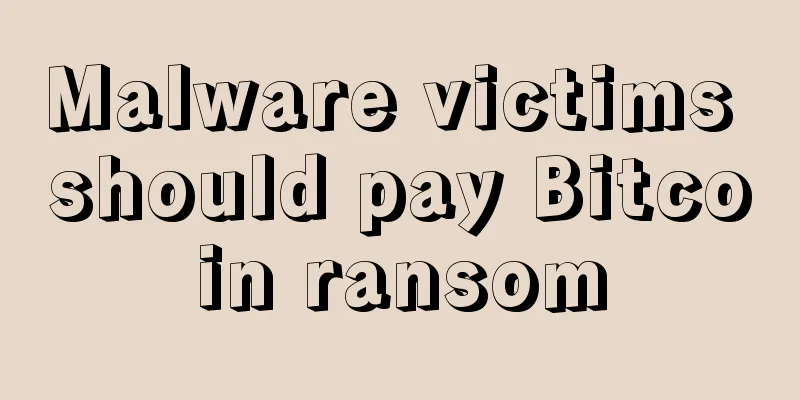Malware victims should pay Bitcoin ransom

|
An FBI agent has advised victims of malware such as the Bitcoin ransomware Cryptolocker to pay a Bitcoin ransom if they want to see their data again.
Joseph Bonavolonta, who oversees the SEC 's Boston office, told executives at a cybersecurity summit on Wednesday that they'd better pay the ransom.
According to a June FBI report, the amounts ranged from $ 200 to $10,000. Bonavolonta said:
"The amount of money these criminals are asking for is huge, and that's because the vast majority of organizations will just pay the ransom...To be honest, we often advise people to pay the ransom."
Programs like Cryptolocker and Cryptowall are often spread through phishing emails, demanding Bitcoins to unlock files they have encrypted on the user's computer.
The FBI said it received 992 complaints about Cryptolocker in a 14-month period, with victims reporting losses of $18 million. “Criminals like Bitcoin because it is easy to use, fast, public, decentralized, and offers enhanced security or anonymity,” the report reads.
Because ransomware has found such massive success, Bonavolonta said attackers will likely continue to demand it to maximize their profits. They are mostly honest for the same reason, he added: "You want your access restored."
no promises
When Cryptolocker first hit the UK in 2013, the National Crime Agency (NCA) told businesses not to pay the ransom.
"The National Crime Agency will never endorse paying ransoms to criminals, and there is no guarantee that they will honour the payments under any circumstances," the statement read.
In April, Jornt van der Wiel, a security researcher at Kaspersky Labs, echoed this sentiment, telling CoinDesk: “Since there are ways to get the files without paying the ransom, users often give in. This is the wrong strategy, but it’s often the easiest strategy for the user.”
A 2014 study by security firm ESNET showed that only 1.4% of victims paid the Cryptolocker ransom to gain access to the decryption software.
Others, including Dutch authorities, believe that paying ransoms actually contributes to the problem because it encourages malware operators to continue and attack new victims. |
<<: The initiator of the Spanish pyramid scheme has been arrested
>>: A look at the rise and fall of Bitcoin exchanges over the past seven years
Recommend
How to read palmistry for wealth and fortune How to read palmistry for wealth and fortune
Fingerprint recognition is widely used in today&#...
The facial features of people with the fate of a boy, are people with the face features of a boy unlucky?
What is the life of a boy? The fate of a boy does...
What does Danfeng eyes look like? See if you have Danfeng eyes.
Speaking of the almond-shaped eyes, there are act...
Singapore makes blockchain a priority
Rage Review : In November 2014, Singaporean Prime...
Solana downtime for 30 hours, TVL on the chain dropped to 6th place
From January 21 to 22, the crypto asset market ex...
Is it better for a woman to have ten buckets or ten dustpans? How to read her fortune through palmistry
As we all know, everyone's palm lines are dif...
Analysis of the face of a man with a mole on his forehead who has a rough fortune in his early years
Is it good for a man to have a mole on his forehe...
Are women with sharp and exposed noses very poor? Why?
Everyone hopes to be rich and powerful rather than...
Barclays Bank begins blockchain project in Africa
Rage Comment: With the popularity of M-PESA in Af...
A complete guide to women’s ear physiognomy. What kind of ears are auspicious?
In physiognomy, ears symbolize a person's fort...
What kind of people are hardworking and motivated?
What kind of people are hardworking and motivated...
Palmistry Topic: How to tell fortune from palmistry
Palmistry Topic: How to tell wealth from palmistr...
What are the facial features of a heartless woman? Which facial features of women are the most difficult to get along with?
Every woman hopes that she can find a good home a...
Are women with widow's peaks destined to be rich? Their careers are going very well.
What kind of state a person is in, or to fundamen...
What does a woman with messy palm lines mean?
According to Chinese physiognomy, a woman with fi...









